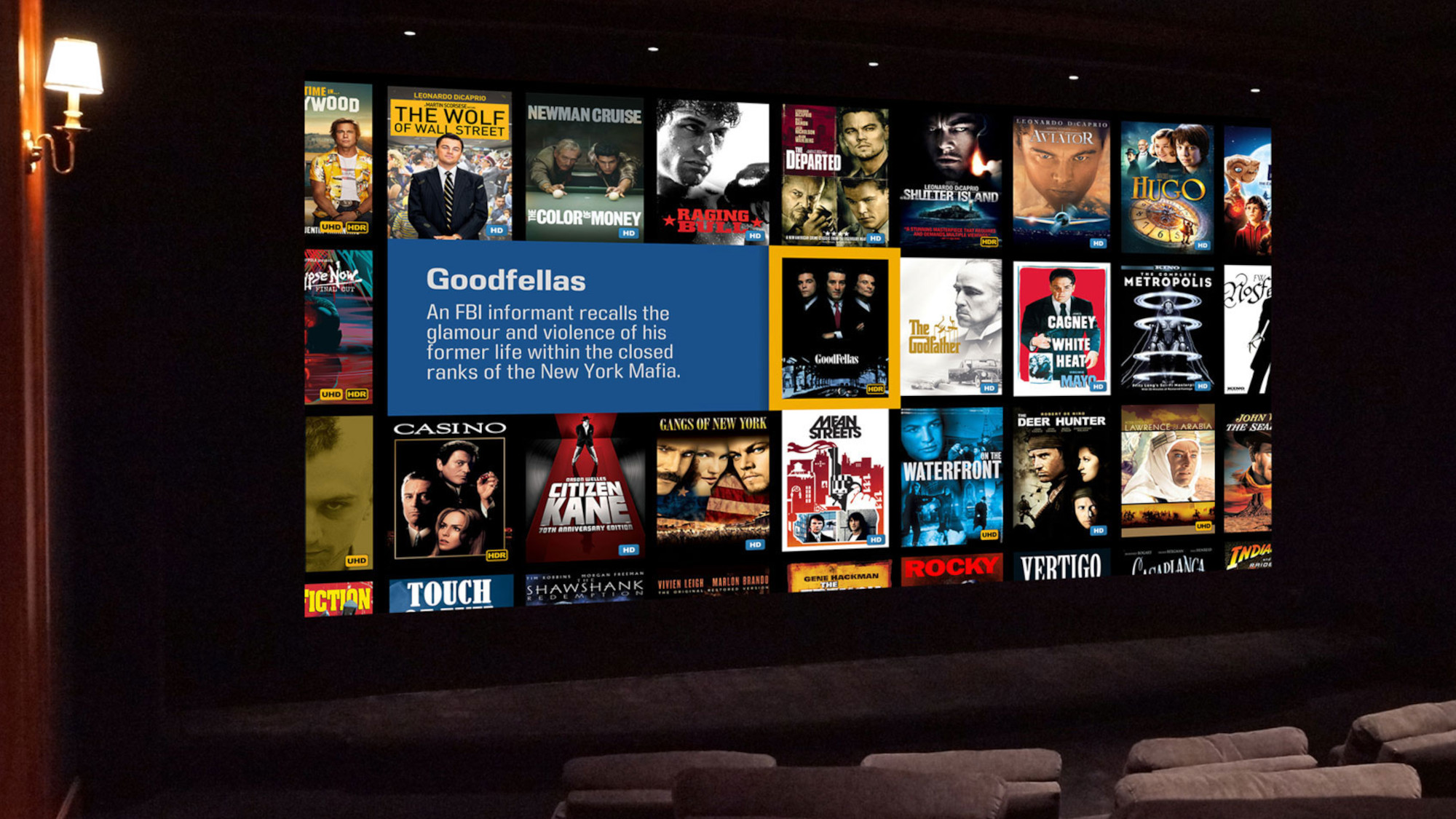Google Pixel Fold — here’s how it can beat Samsung’s foldables
Google really needs to figure out how its foldable can be different
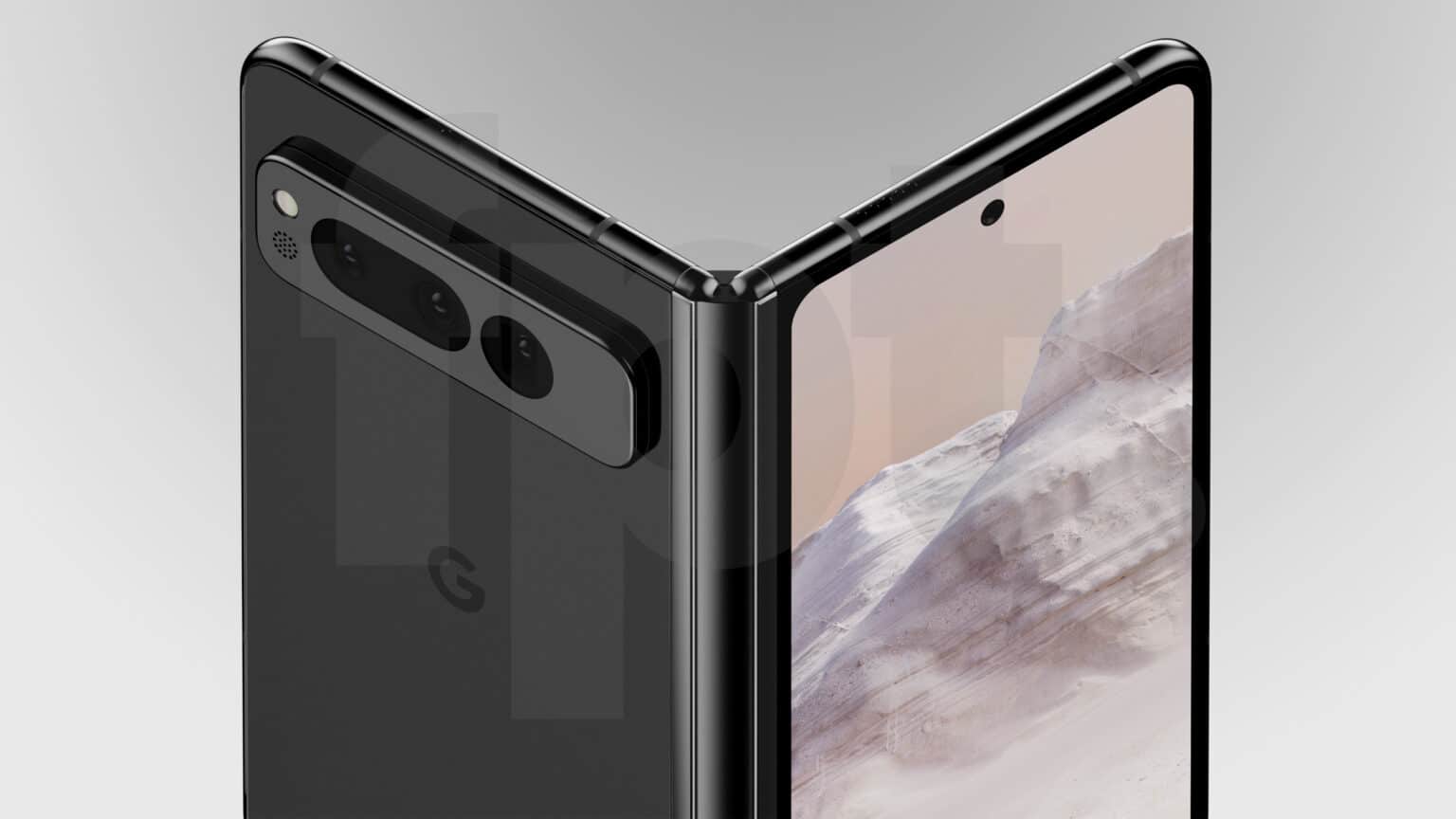
At this point, I'm not entirely convinced that a Google Pixel Fold actually exists, let alone that Google will be showing off a foldable phone at some point during the first half of 2023, as some rumors claim. Maybe I've been burned by the on-again, off-again nature of Pixel Fold rumors — at one point, the phone was most definitely canceled until it was most definitely not — but I'll believe there's actually a Pixel Fold when a Google executive is whapping me upside the head with one at the device's launch event.
Still, I want there to be a Pixel Fold if for no other reason than to give Samsung some competition for the best foldable phones. Right now, that's an intramural contest at Samsung between the Galaxy Z Fold 4 and Galaxy Z Flip 4, so having someone — anyone — try their hand at a foldable phone can only push this category of phones forward.
So to me, the question to answer isn't necessarily "Will Google ever come out with the Pixel Fold?" Instead, it's "If Google really is working on a Pixel Fold, how can it stand out from Samsung's foldables?" After all, the only way phone shoppers get a choice in foldables is if Google comes up with a device that has its own unique approach. A "me too" device is not going to cut it here.
I've given the Pixel Fold some thought. Here's what I think Google needs to do if its rumored foldable is going to steal any thunder away from Samsung's phones, particularly the Galaxy Z Fold 4.
Come up with the perfect design
To date, we've seen two basic approaches to foldable phones — the phone that opens up like a book to reveal a tablet-sized screen inside (a la the Galaxy Fold) and the flip phone-style approach where you open the phone vertically to get to an elongated display (a la the Galaxy Flip). From the sound of Pixel Fold rumors, it appears that Google is taking the first approach.
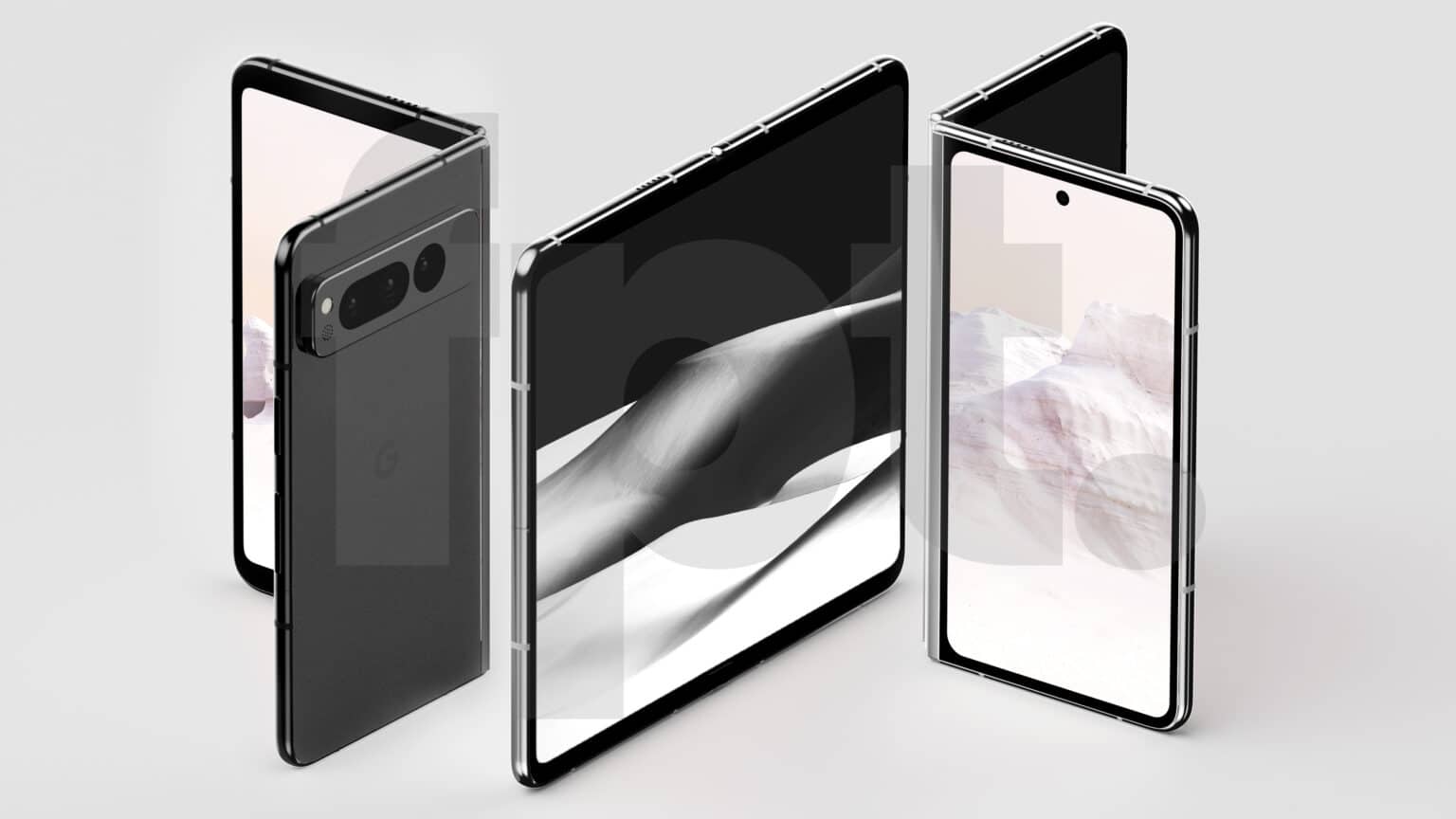
Yes, it would be more exciting if the Pixel Fold were to introduce an entirely new design, if only to distinguish itself more clearly from Samsung's foldables. But the open-book approach is a solid one that delivers the extra screen real estate that makes foldable phones a compelling option. The problem arises when the design is too much like the Galaxy Z Fold's look, and recent rumors are doing little to ease that concern.
For instance, the internal Pixel Fold display is rumored to be a 7.6-inch panel. If that number sounds familiar, that's because it's how big the Galaxy Z Fold 4's main screen is. There's reportedly an external cover display on the Pixel Fold, too — you know, like the one on the Galaxy Z Fold, though the Pixel's external panel is rumored to be more compact than the 6.2-inch outer screen on Samsung's phone.
Perhaps subsequent rumors will spell out bigger differences between the Pixel Fold and the Galaxy Z Fold 4. But from what we've heard so far, Google's phone sounds like a Galaxy Z Fold 4 without the S Pen. That's no way to make a splash in the phone world.
Beat Samsung on price
At $1,799, the Galaxy Z Fold 4 is most expensive mainstream handset you can buy. It's so pricey, in fact, that current Black Friday phone deals are taking hundreds of dollars off some Galaxy Fold models — and the device still costs more than 1,000 damn dollars.
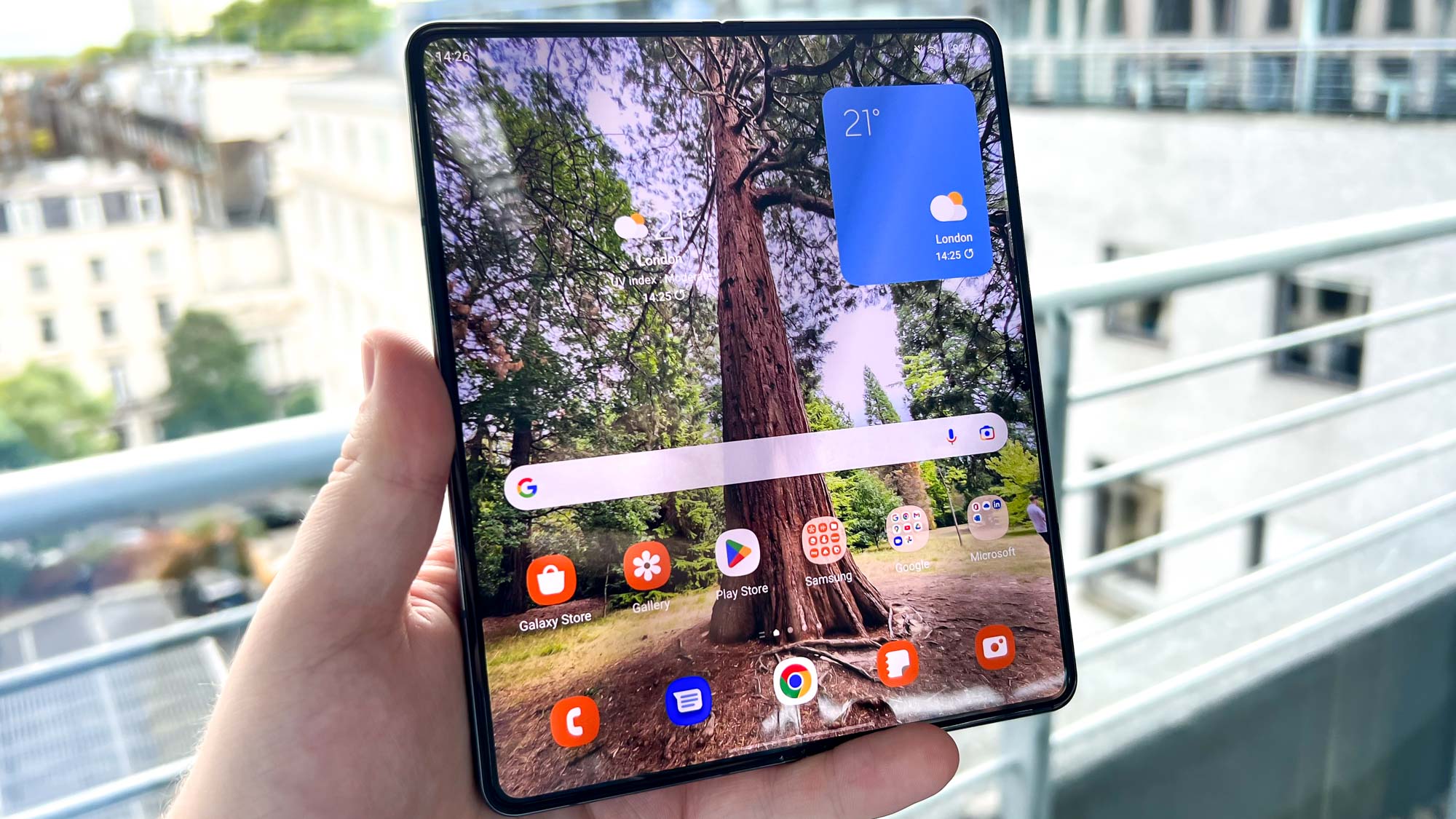
That should be an opportunity for Google to undercut Samsung's pricing, just like it does with its flagship phones. The Samsung Galaxy S22 may start at $799, but you can get a Pixel 7 from Google for $200 less, and all you're really giving up is a telephoto lens. Do that kind of competitive pricing with your foldable, Google, and you just might be able to steer some business away from Samsung.
So it's a little puzzling that initial price rumors for the Pixel Fold are predicting that Google's phone will cost the same $1,799 that Samsung charges for its foldable. We have to hope that rumor is wrong, and that the actual price is at least a few hundred dollars less than that. Otherwise, what's the point of rolling out yet another astronomically priced foldable phone?
Come up with unique experiences
Google may have its work cut out for it here. Not only does Samsung have a four-year head start on perfecting foldable-specific features like continuity and flex modes, it's also reaping the benefits of all the foldable-friendly changes Google started making to the Android operating system, starting with Android 12L. Because of that, anything the Pixel Fold is likely to be able to do, the Galaxy Z Fold 4 will have been at it longer.
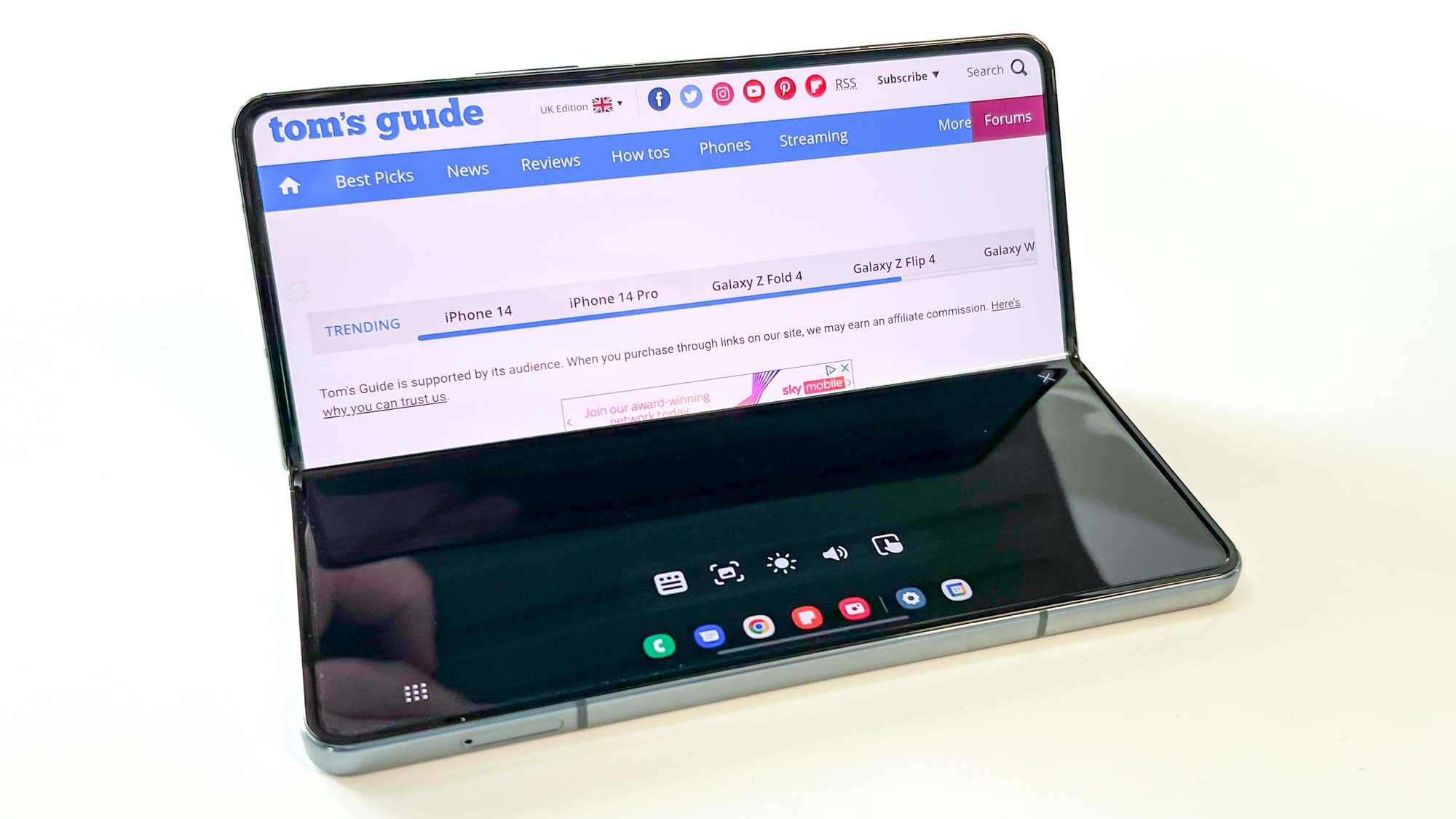
But Google could have an ace up its sleeve here, especially if it continues to use its own silicon on this phone, equipping the Pixel Fold with a Tensor chipset.
Tensor first made its debut in last year's Pixel 6 phones, with its neural engine powering AI-driven software features that give Google's phones unique capabilities. You'd imagine Google would want to a create similar experience for the Pixel Fold, especially if AI and machine learning could in some way take advantage of the foldable screen. Maybe it's queuing up tasks that would benefit from the extra screen space for when you finally get a chance to open up the Pixel Fold so that they're already waiting for you. Or maybe there's some other AI-powered feature specific to foldables that the bright minds at Google have thought up that escapes my tinier brain. Whatever the case, Tensor figures to be the Pixel Fold's secret sauce.
Put more emphasis on the Pixel Fold cameras
If there's an area that Samsung's overlooked with its foldables, it's the camera. It's only with the Galaxy Z Fold 4 that Samsung got serious about the cameras on its foldable, adopting the same setup used by the Galaxy S22 and Galaxy S22 Plus. (Those are good phones to copy from, since both spent some time on our rankings of the best camera phones.)
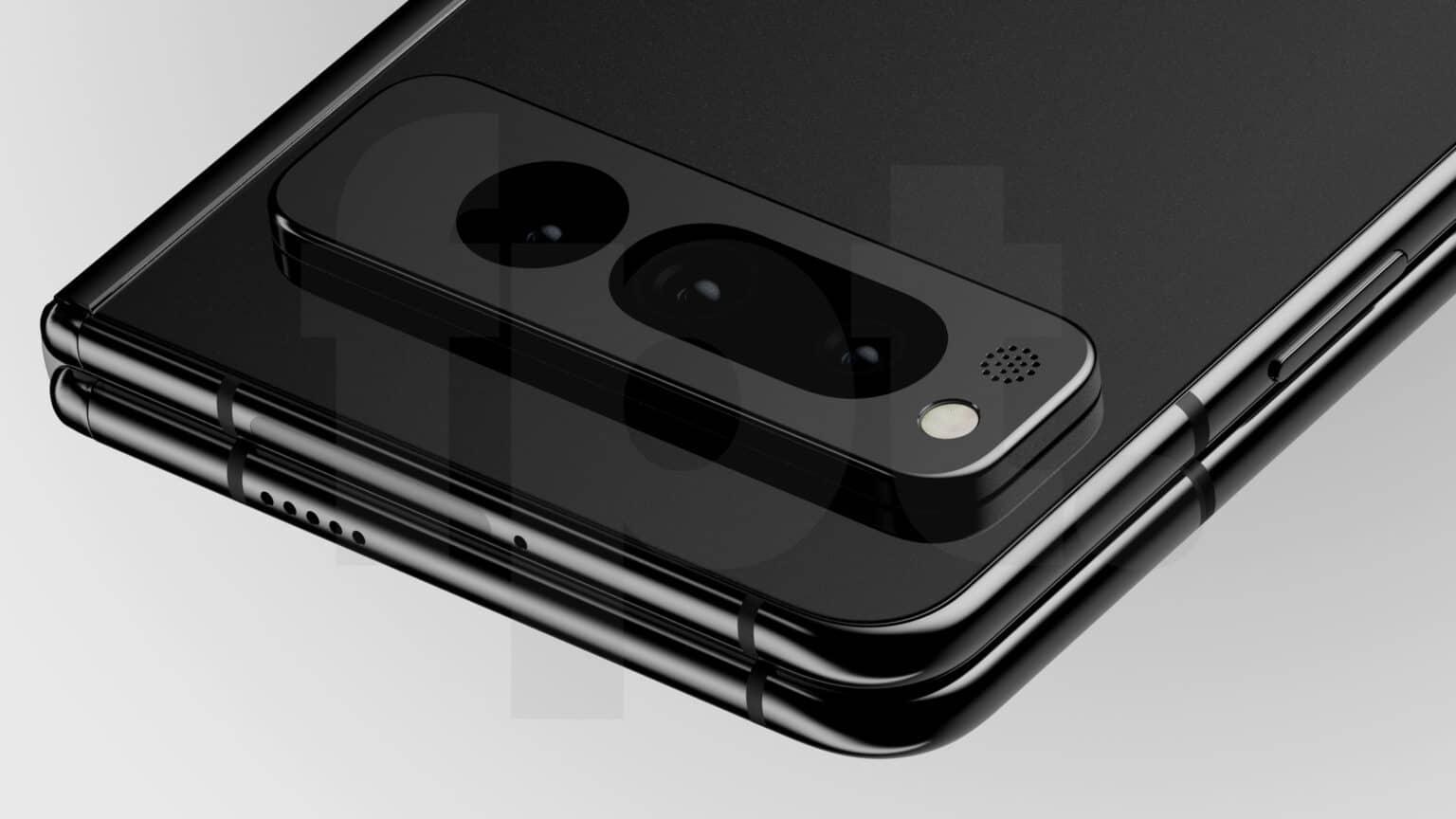
I can't imagine a world where Google doesn't focus on the cameras of the Pixel Fold right out of the gate, given how important photography is to its other phones. Until the Tensor chip came along, Google's excellent AI-powered camera features and computational photography expertise were the biggest reasons to pay attention to Pixel phones.
So I imagine many of the camera features found on the Pixel 7 and Pixel 7 Pro are going to be included on a Pixel Fold as well. I could even see Google setting things up in a way that takes advantage of the foldable phone's unique design. Imagine shooting pictures with the close-up Pixel Fold and then opening up the device to have the images waiting in a photo-editing application.
Pixel Fold outlook
We've got a long way to go until we find out if the Pixel Fold is a reality or not, as the most credible rumors suggest it will arrive sometime around May 2023. That gives Google more than enough time to figure out how it's going to pitch its foldable, assuming such a device is even in the works.
But if the Pixel Fold does see the light of day, I hope that Google puts a lot of effort into making a phone that's more than just a Galaxy Z Fold 4 with a Google logo slapped on it. The only way that foldables become more capable devices is if phone makers put their own unique stamp on these handsets.
Sign up to get the BEST of Tom's Guide direct to your inbox.
Get instant access to breaking news, the hottest reviews, great deals and helpful tips.
Philip Michaels is a Managing Editor at Tom's Guide. He's been covering personal technology since 1999 and was in the building when Steve Jobs showed off the iPhone for the first time. He's been evaluating smartphones since that first iPhone debuted in 2007, and he's been following phone carriers and smartphone plans since 2015. He has strong opinions about Apple, the Oakland Athletics, old movies and proper butchery techniques. Follow him at @PhilipMichaels.

